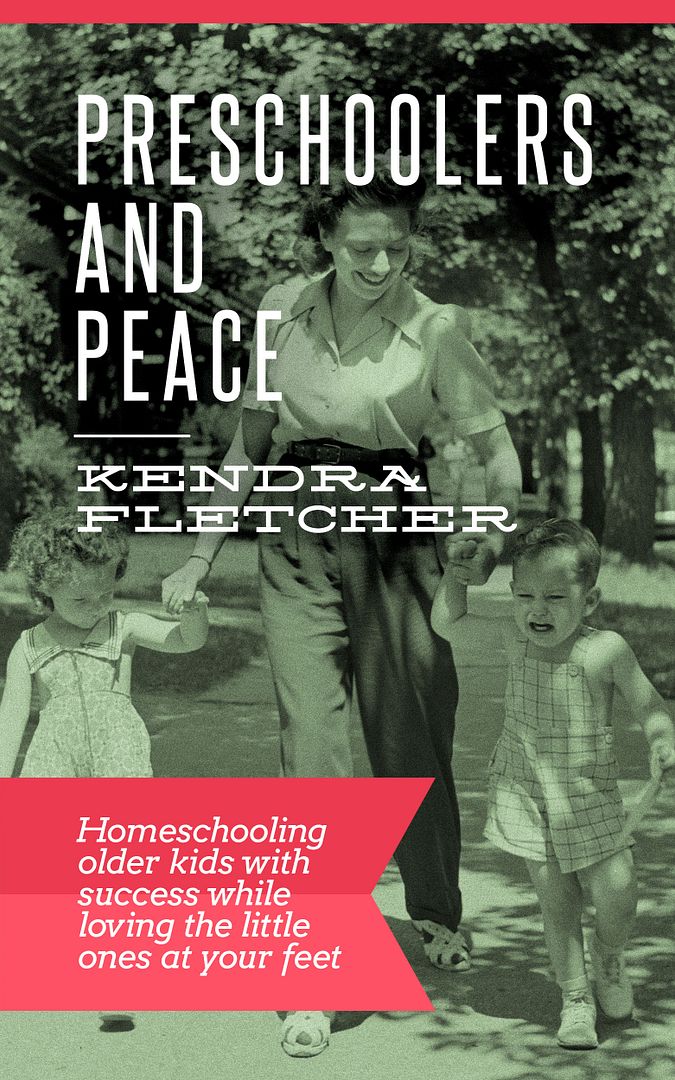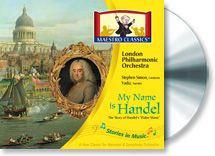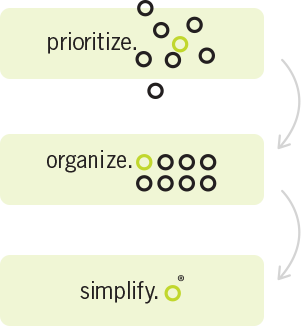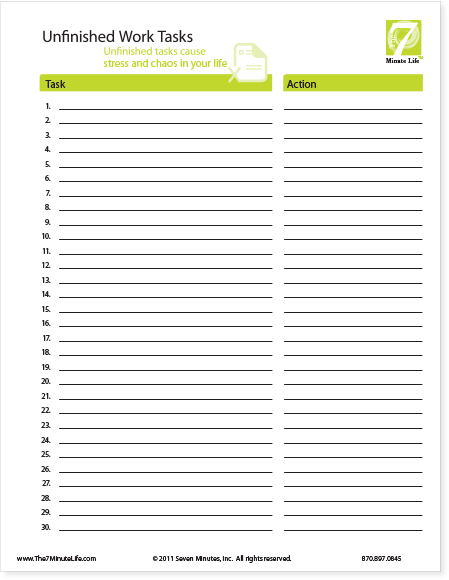Preschoolers and Peace often don't seem synonymous and probably one of the greatest challenges to home education is having younger children wanting to join in and have attention. Not infrequently, home education lists have questions about whether to send the little ones to nursery so there can be some peace. Kendra Fletcher, of Preschoolers and Peace,


- What a Homeschooling Mom needs
- Preparing yourself to Homeschool Older Kids with Little Ones Underfoot
- Planning around Preschoolers
- How do I keep them busy?
- What does a 2 year old's day look like?
- How do I get any Preschooling done?
- How not to just kill the time.
- Circle Time, or How We Pull the Little Ones in.
- Preschool Boys
- When all your Kiddos are Preschoolers
- Preschool Chores
- Planning for Preschool
- When Mama is Worn Out (or Pregnant)
- Meal Planning 101
- A final word of Encouragment.
The book is by a Christian mother and she reminds us to show the Good News of God's grace to the little ones and to start the day with prayer. She goes on to some ideas about ordering their day, suggesting a routine rather than a rigid timetable.
I know that when my children were younger, the How do I keep them busy chapter would have been particularly helpful. Kendra provides ideas for occupying the little ones. Yes, there are plenty of ideas around but there are ideas which generally would work while older children are working. So for example, there is a list of high chair activities as well as other suggestions. Playing at the kitchen sink is certainly something that I allowed/encouraged while the other children worked at the kitchen table.
The chapter about a two year old's day gives specifics of room time where the toddler learns to play alone.
The chapter on Circle Time explains how little ones can be included in the day and preschool chores has a list of possible chores by age. The end of the book has ideas for meal planning and some links, many of which are to the Preschoolers and Peace blog.
What did I think?
Preschoolers and Peace is a must for anyone home educating with little ones around. It is both practical and encouraging. Just knowing that someone else has home educated successfully with little ones in tow, is uplifting. The activity ideas were particularly helpful as were the ideas for including little ones in chores.
What did I think?
Preschoolers and Peace is a must for anyone home educating with little ones around. It is both practical and encouraging. Just knowing that someone else has home educated successfully with little ones in tow, is uplifting. The activity ideas were particularly helpful as were the ideas for including little ones in chores.
My only caveats are that some of us have preschoolers who don't nap. None of mine napped after the age of about two. Indeed, naps in the day were discouraged as they lead to very awake children in the evening. I don't think this is an uncommon problem. My other thought is that some of the activities suggested are more suitable for the older preschooler than a mad two year old. Use your common sense!
Overall, though, this is a must have book for anyone home educating older children with preschoolers around.
Cost
Preschoolers and Peace is an ebook and is available for $2.99 in the US and £1.85 in the UK. The link to purchase is on the Preschoolers and Peace page.
For more reviews, visit the Schoolhouse Crew blog.
Overall, though, this is a must have book for anyone home educating older children with preschoolers around.
Cost
Preschoolers and Peace is an ebook and is available for $2.99 in the US and £1.85 in the UK. The link to purchase is on the Preschoolers and Peace page.
For more reviews, visit the Schoolhouse Crew blog.




























